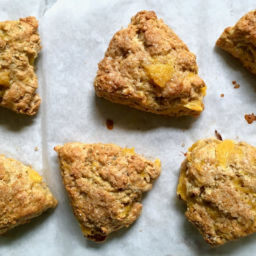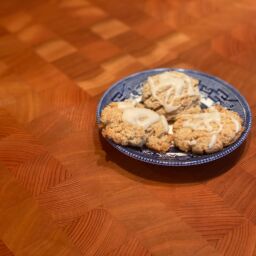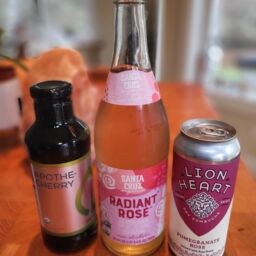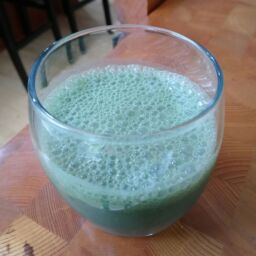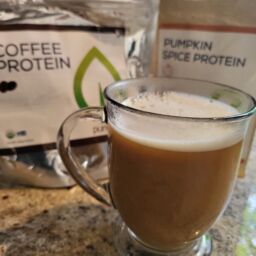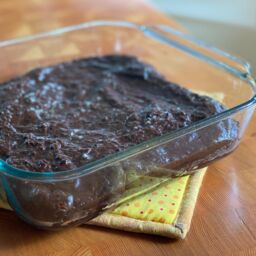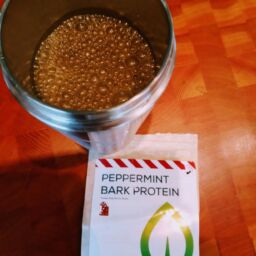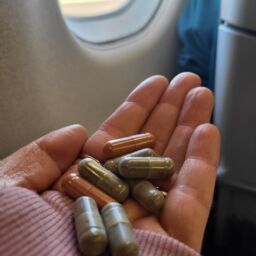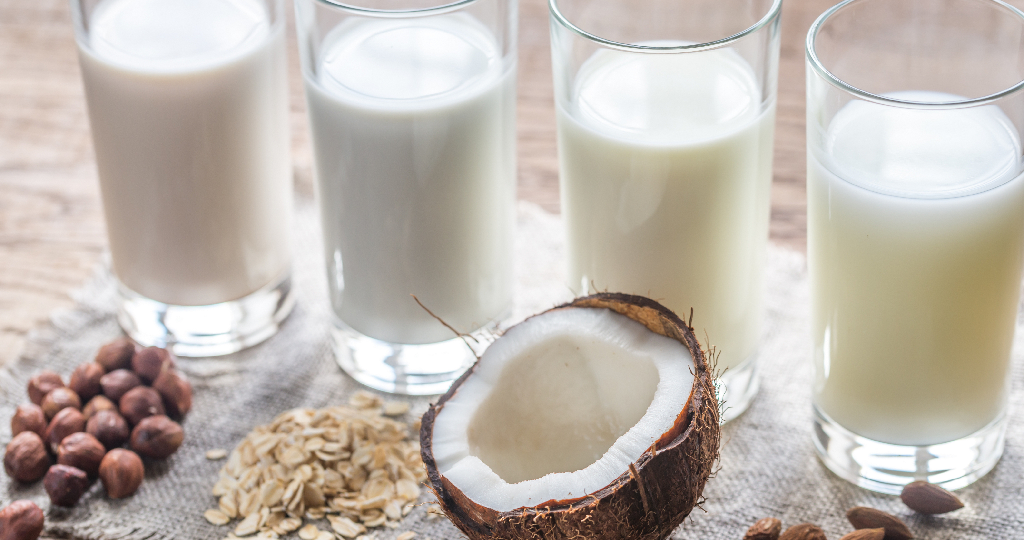
When you’re conscious about what you put into your body, opting for a nondairy milk alternative is an easy choice. But with so many types of nondairy milks on the market, like almond, cashew, oat, coconut, rice, flaxseed, hemp, soy, and more, choosing the right one can be a little bit trickier.
If you’re looking for the healthiest nondairy milk option, it’s important to pay attention to the label and be on the lookout for long lists of ingredients.
Added sugars or other sweeteners are common, as are emulsifiers, thickeners, and preservatives. Nondairy milks often differ from dairy milk in how much fiber, protein, and carbohydrates they provide, so check the nutrition label for those, and consider whether you want a plant-based milk fortified with nutrients like calcium or vitamin D.
Going with an unsweetened (or lightly sweetened) nondairy milk is generally a great way to steer yourself toward one of the healthier options, but, if you like, you can also make your own milk by soaking the main ingredient in water, blending it at a high speed, then straining any solids. Learn more about choosing — or making — the right nondairy milk in this graphic.




